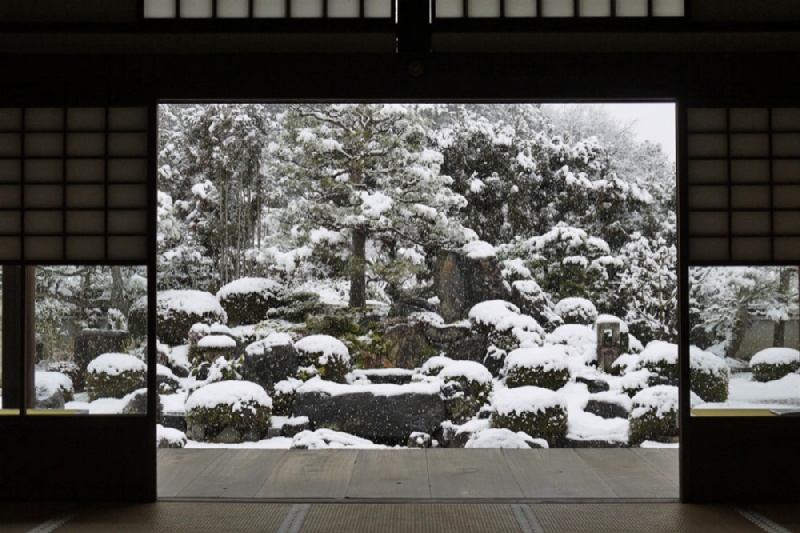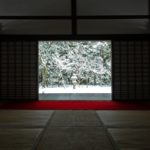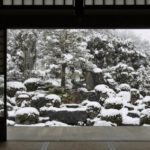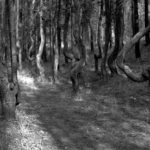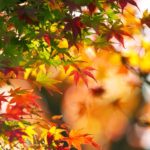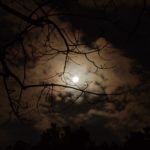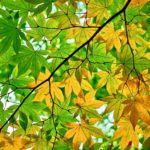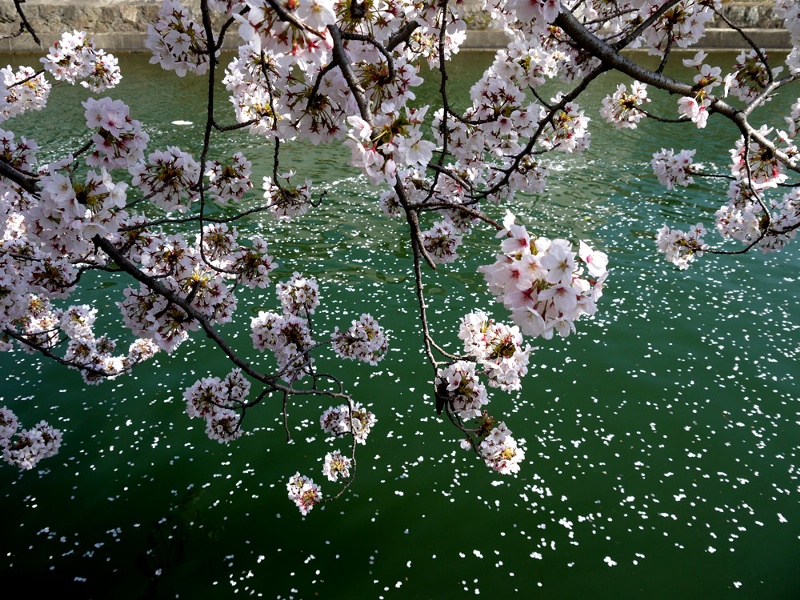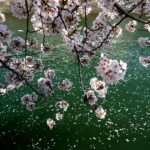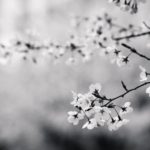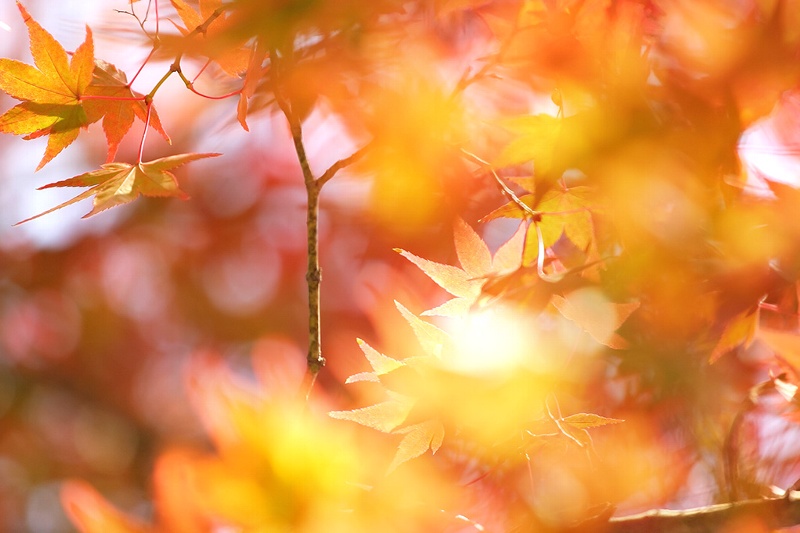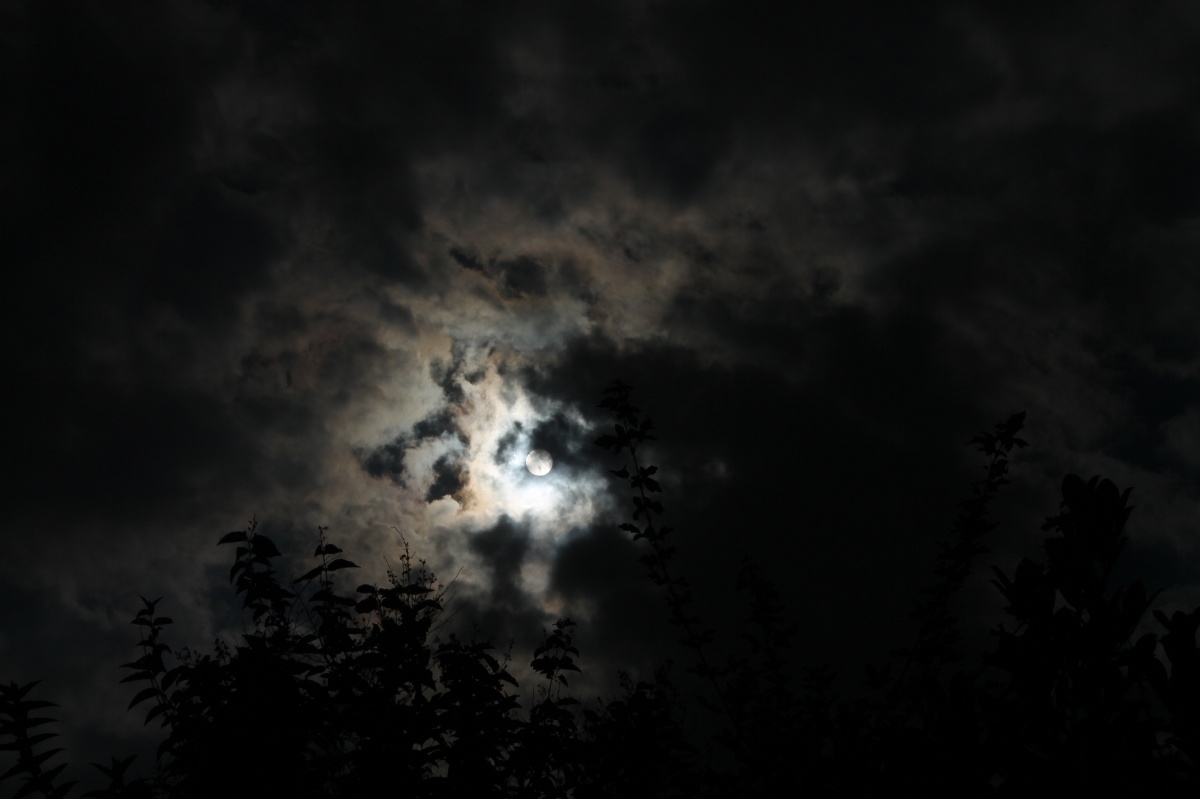Some ten years ago I came across an interesting book on the definition of “beautiful” women. It examines how beauty has been differently defined over time and visits different areas around the world to see how the definitions differ from culture to culture.
10年ほど前に世界の美女を訪ねてという本に出会いました。時代とともに美女の定義がどう変化したのか、また文化によってその定義はどう異なるのかを、世界中を訪れて考察したものでした。
Women were asked about their own definition and condition of being beautiful. Many of them pointed out the inner beauty. The supplementing comment on that page concluded that it’s a matter of whether you are content with yourself or not. How can you be content with yourself? This question has led me to rereading one of the most important Zen canons, Shobo Genzo by Dogen.
女性たちは、自分なりの美人の定義や条件を尋ねられもするのですが、多くは「内面の美しさ」を挙げていました。そこにあったコメントは、自分自身に満足しているかによると結論付けていました。では、いったいどうしたら自分に満足できるのでしょうか。この疑問がきっかけで、禅を考える上での最重要書物である、道元の『正法眼蔵』を手に取ったのでした。
仏道をならふといふは、自己をならふ也。
自己をならふといふは、自己をわするゝなり。
自己をわするゝといふは、万法に証せらるゝなり。
万法に証せらるゝといふは、自己の身心および他己の身心をして脱落せしむるなり。
“Learning Buddihist principles means learning yourself. Learning yourself means forgetting yourself. Forgetting yourself means being open to whatever surrounds you. Being open to whatever surrounds you means leaving behind whatever you are physically and psychologically bound to.”
仏の道を習うとは、自分自身を習うこと。
自分自身を習うとは、自分自身のことを忘れること。
自分自身のことを忘れるとは、世界に開かれること。
世界に開かれるとは、自分および他者の縛りを解くことだ。
This passage is from Genjo Koan, a volume from the Shobo Genzo. What matters to be enlightened is to forget yourself, discard the concept of achieving from your mindset. It follows that your desire to be content with yourself is the very reason why you are not content with yourself. A problem arises when you want to get wherever you want to be. If you want to achieve something or some particular state of being, you always frustrated, wondering “I’m yet to be there.”
この一節は、『正法眼蔵』の中の「現成公案」のものです。悟りにおいて鍵となるのは、自分自身を忘れること、何かに達するという考えを捨てること。そうしてみると、自分に満足したいという考えそのものが、自分自身に満足できない理由となります。どこか目指す場所があることで問題が生まれます。何らかの状態に達したいとの思いがあって、葛藤を感じ、「自分はまだだ」という感覚に陥るのです。
We are all afraid of getting lost on the path of life and desperate to find the “right” track. The truth is, there is nothing like the right track. Once you get the idea of hoping to achive the state of enlightenment, you will be lost in an eternal state of getting nowhere. Acknowledging the state of being lost and the fact of no goal coming into sight will lead you to peace and serenity.
人生の行路で迷わないように、「これだ!」という道を必死で求めるのですが、しかし、これでいいという道は存在しないのです。悟りを得たいと願うことが、迷いそのものなのです。迷いを受け入れること、目標と呼べるものも決して見えてこないことを受け入れること、これが平穏をもたらすのです。
Being open to whatever surrounds you means that your understanding of the universe is more direct. You don’t try to interprete or define things by the use of a language. Expose yourself to whatever surrounds you without giving them names. Everything is on the flux. Whatever you see now will change its face in the course of time. You just see them in the transition. You just don’t have to give names to each and every wave on the sea. Once you step away from the realm of definition, you will see beauty, not as someone else defined it but you will see it as it is.
世界に開かれるとは、世界をより直接的に理解すること。言葉を使って世界を解釈し定義しようとしないこと。身の回りのものに名前を与えないこと。すべては流れの中にあり、今目の前にあるものも時とともに変化する。その変化の一端を見ているに過ぎない。海の波ひとつひとつに名前を与える必要はない。定義の世界を離れてみると、誰かが付けた名前を通してでなく、ありのままの姿が、美が見えてくるということなのです。
